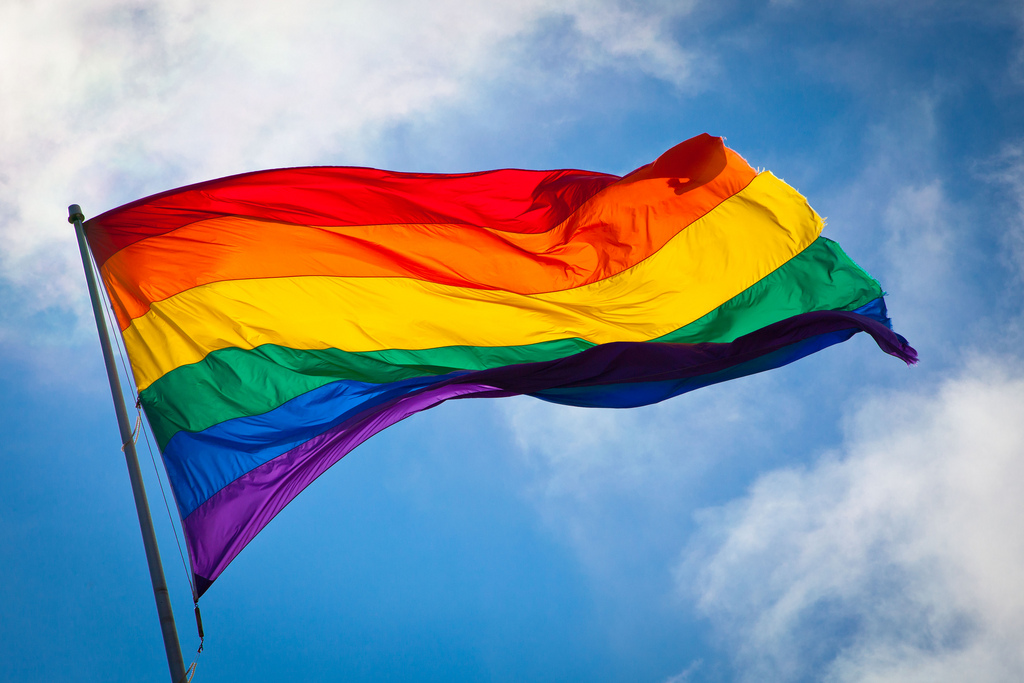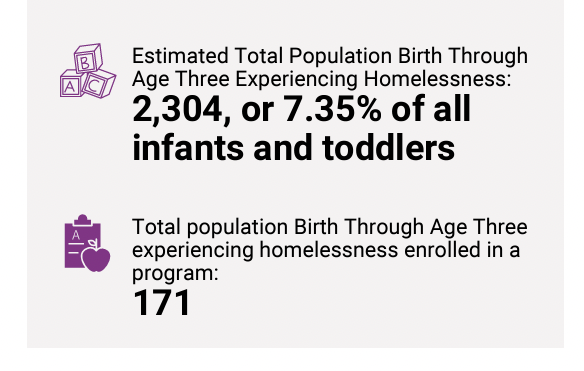The D.C. Council and Department of Health recently took a stand against the Trump Administration’s efforts to stop collecting accurate health data for the LGBTQ community.
Last year, federal changes to how health data are tracked under the Trump administration raised concern in the LGBTQ community. First, the U.S. Department of Health and Human Services removed LGBTQ-specific questions from the U.S. Census and other research. Then, Trump prohibited the Centers for Disease Control and Prevention from using words like “transgender” and “vulnerable,” claiming the terms are distracting from policies and research priorities at CDC.
On June 5, to resist President Trump’s exclusion of LGBTQ-related questions in heath surveys, At-Large Councilmembers Robert White Jr. and David Grosso co-introduced a bill to ensure questions about sexual orientation, gender identity, and gender expression remain a part of annual health surveys by the Department of Health and Office of the Superintendent of Education.
“The legislation is necessary due to attempts by the Trump Administration to push the LGBTQ community back into the shadows by removing information related to them from national collected surveys,” White said.

Grosso agreed that active data collection is an important step for policymakers to understand health factors that affect the LGBTQ community and allocate resources more effectively.
DOH already added three state-sponsored questions on sexual orientation, gender identity, and sex assigned at birth to the Behavioral Risk Factor Surveillance System (BRFSS) questionnaire last year. When CDC finishes analyzing the 2017 data, DOH will combine it with 2018 data into the next LGBTQ Health Report, according to a statement from DOH to Street Sense Media.
The most recent LGBTQ health report was based on the BRFSS from 2011 to 2013. The report indicated LGBTQ youth are more vulnerable than non-LGBTQ youth in terms of mental health and physical health and that they are more likely to suffer from substance abuse, to engage in high-risk behaviors, to be tested for HIV, and to be diagnosed with asthma and depressive disorder.
However, White and Grosso still do not think DOH has been doing enough to protect the health of the LGBTQ community. White believed DOH should ask questions provided by CDC on sexual orientation and gender identity every year instead of every other year, and the data have to be “promptly made public in relevant reports, which has not always been done.”
Grosso heard from DOH Director LaQuandra Nesbitt that the Department was not going to keep asking questions on sexual orientation and gender identity due to the extra cost incurred by adding questions in, which is estimated to be around $3,000 to $4,000.
“I didn’t think that was an acceptable answer,” said Grosso, who consulted with The DC Center for the LGBTQ Community and Gay Lesbian Activists Alliance before introducing the bill with White.
However, in its statement, DOH said the agency “looks forward to continuing engagement with stakeholders interested in improving the health outcomes of the city’s LGBTQ population.”
White and Grosso also extended this legislation to the Office of the Superintendent of Education. As the chair of the Committee on Education, Grosso said demographic data is important for the Council for crafting policies that make every student’s school experience better.
Grosso similarly introduced legislation in 2016 to require public schools and public charter schools to participate in Youth Behavioral Health Survey and require OSSE to use the data to address students’ mental health needs. D.C. Council unanimously passed the legislation.
White said additional action to protect the LGBTQ community is needed to fight against hate crimes in the city. Many areas should be covered in legislation including combating hate crimes and protecting the homeless LGBTQ individuals.
“LGBTQ individuals have unique health and mental health needs due to the current and historic repression faced by the LGBTQ community,” White said. “We know that this results in higher levels of trauma for many young people and adults, impacts from domestic violence and bias-related crime, and potential mental health issues related to treatment by family or peers.”
Homeless LGBTQ people are more vulnerable to these situations, according to both councilmembers. In order to protect them, White said every shelter, service provider and agency should work to create a safe and welcoming atmosphere for the residents experiencing homelessness, and LGBTQ residents in particular.
Grosso stressed that acceptance of the LGBTQ community just took place in the past few years. Most people grow up in a society where the media focus primarily on straight people, which can make LGBTQ people feel ostracized to some extent.
He encouraged everyone in D.C. to support fair treatment for all minority groups and reflect on how to be a better person. “This is hard to do, because we were raised in a society that was so hateful,” Grosso said. “Then we have to dismantle that, to dismantle the bias and begin to love everyone.”








